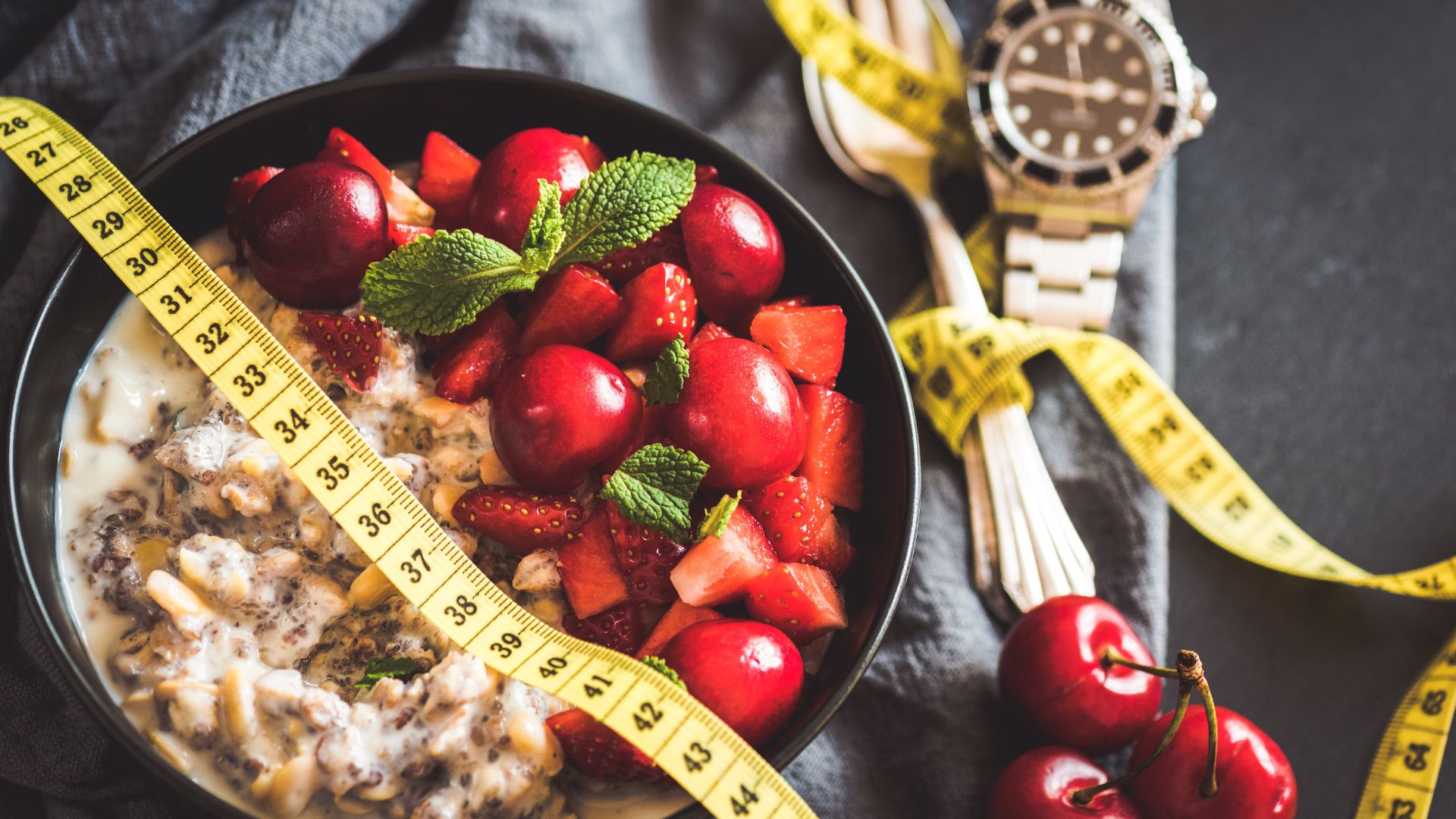
It’s the Bacteroides against the Firmicutes and the winner gets control over your weight.
That’s right, in spite of your best efforts to make diet and lifestyle changes that support your weight loss goals, there is an ecosystem of bacteria that is fighting for its’ own survival that can alter how your body responds to nutrients. We have identified two main families of bacteria the Bacteroides and the Firmicutes. Apparently, individuals who have more Bacteroides are able lose weight more easily and stay lean. In contrast, the Firmicutes cause more calories to be stored as fat, regardless of where those calories come from.
Research has demonstrated that transplanting fecal material(yes, I mean poop) composed of intestinal bacteria from an obese human transplanted into the colon of a normal weight laboratory rat causes significant amounts of weight gain even when the diet remains unchanged. In addition, consider the use of sub-therapeutic doses of antibiotics used for decades in animal production to increase growth rate!
If the change in how your body utilizes calories isn’t enough, consider that these bacteria are powerful enough to drive your behavior, even if it may be harmful. Have you ever noticed that once you start eating certain foods, you are driven to continue to eat that food. Again, this is about survival and when it comes to bacteria, they are capable of traveling from the gut via the vagus nerve to the brain to direct you to consume more food that directly feeds them! Guess what food these harmful bacteria feed on, sugar and foods that quickly breakdown to sugar. Who is really in charge here?
How can you take back control and arm yourself against the Firmicutes and support the Bacteroides?
Here are my top suggestions that you can start today:
- Starve the Firmicutes and Feed the Bacteroides! Eliminate highly processed carbohydrates. Ie: Sugar, bread, cookies, etc. Consume plenty of pre-biotic fiber such as found in Jerusalem artichokes, chicory root, raw dandelion greens, leeks, onions, garlic, asparagus, spinach, beans, green bananas, oats, and soybeans.
- Get more Omega-3 fatty acids and less omega-6 fatty acids, this has been correlated with an improved bacterial ratio in the gut. Eat more wild fish, grass-fed meats, walnuts, and less poultry.
- Limit use of antibiotics as well as consuming them in animals. Avoid artificial sweeteners like Sucralose that have shown to alter the bacteria in the gut. Include a variety of fermented foods such as sauerkraut, kimchi, miso, kefir, kombucha tea, or apple cider vinegar.
Final takeaways: the next time you sit down for a meal, remember you are not the only who is eating and you can decide which team of bacteria you want to support.
If you want to know how a personalized plan could be the missing link in achieving your goals, please call now 941-685-8074 or click here to schedule a free 15 minute discovery call.

Think your metabolism slows down with age? Wrong!
Is Chicken to Blame for Your Weight Gain?

